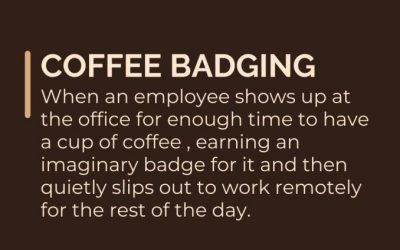It’s no doubt that awareness of cyber security is increasing. More people now know more about the risks, or at least the basic steps they need to take to cover themselves and their organisations. However, as the world becomes more connected than ever, hackers are becoming more inventive and more sophisticated in their attacks. It’s important that companies can move with these developments and changes to create a culture that adopts an up to date, risk-based, multi-layer defence framework.
Attacks on the Sonys and Experians of the world may seem far away from small start-up firms or even more established SMEs, but the potential for a disastrous attack or breach of security is only clicks away. Over 30,000 websites are being compromised by hackers every day according to figures from Sophos and can cost smaller firms a considerable amount of money, not to mention stress.
Support is Out There
Following our article last year ‘SMEs Urged to Take Cyber Attacks Seriously’ where we looked into the Government’s plea for SMEs to train, educate, review and prevent risks, it seems many organisations are stepping up to the challenge. With the help of the Government and their 10 steps programme that emphasises basic good practice, as well as many experts raising awareness of threats, those in the know are keeping ahead of the game.
However, Wikipedia founder Jimmy Wales recently warned Sky News that cyber security is ‘incredibly important’ and explained that governments sometimes don’t understand IT enough to fully interpret the risks. He explained that governments need to strike a balance when considering their desire to monitor information.
Predictions for 2016
Cyber security predictions for this year include attacks through aps. Aps can access your emails, contacts and more, so attackers are exploiting this as best they can. Also, as the internet of things continues to grow, so do the amount and type of threats to our mobile devices. Some also predict phishing attacks will worsen and get more personal. In the majority of cases the goal of the cyber hacker is to steal or exploit sensitive data such as personal information or credit card details, yet this year experts predict more destructive, cyber-terrorism type attacks, aiming mainly to threaten.
A Continued Threat
Although many firms are taking positive steps to secure themselves, the fact is smaller firms have less to spend on security, they’re also busy with the day to day of keeping customers happy and dealing with admin. The most recent government figures suggest SMEs with over 100 employees spend around £10,000 per year on IT security and that the smallest firms, with less than 20 employees, spend around £200.
The installation and regular upkeep of anti-virus software, firewalls, spam filters and keeping devices up to date should defeat the majority of the low level threats. It’s also important for organisations to have a good knowledge of where their data is going and who uses it – this can significantly help to limit any damage. Following the Government’s guidelines and keeping up to date about new threats and challenges will continue to keep you ahead of the game.










